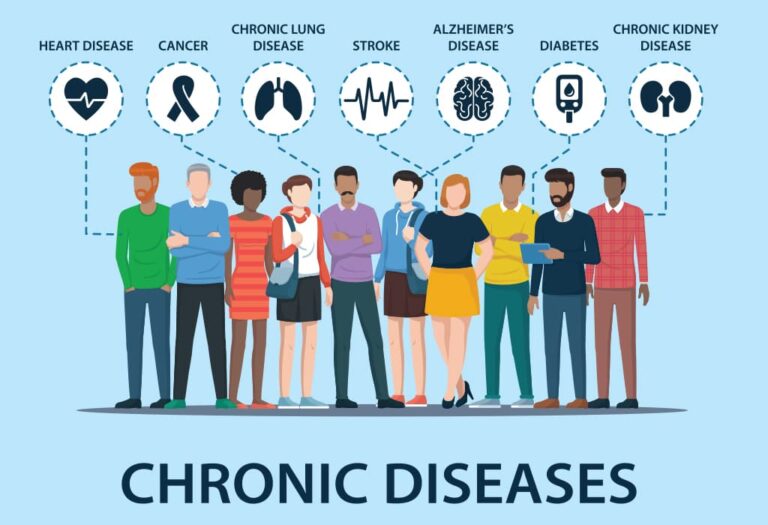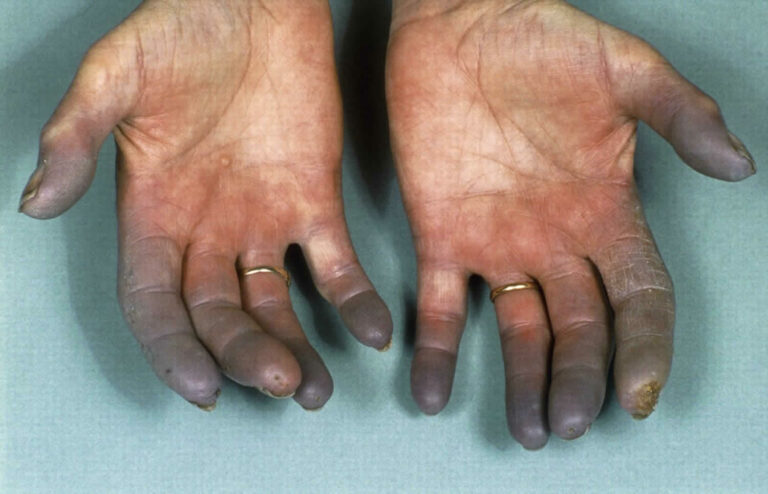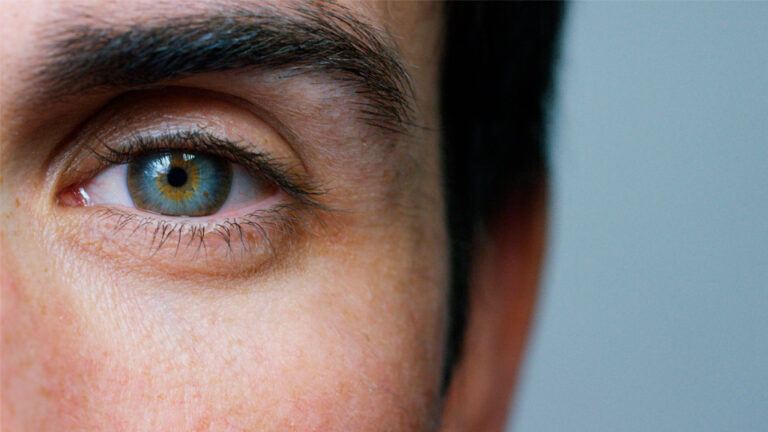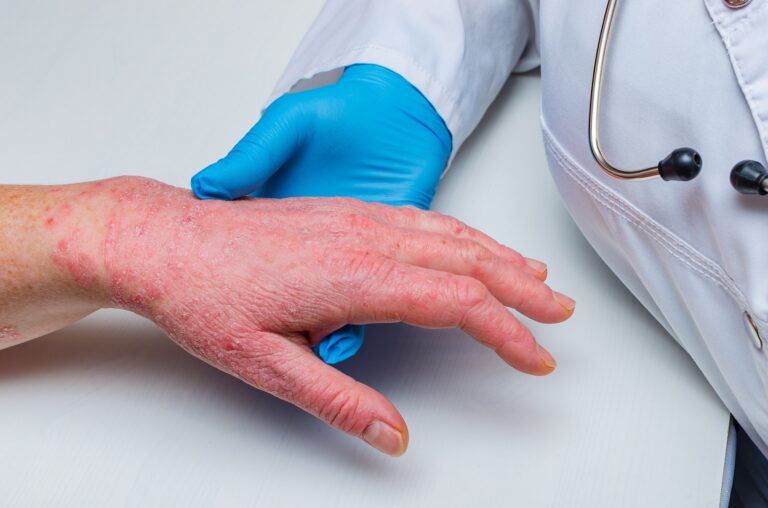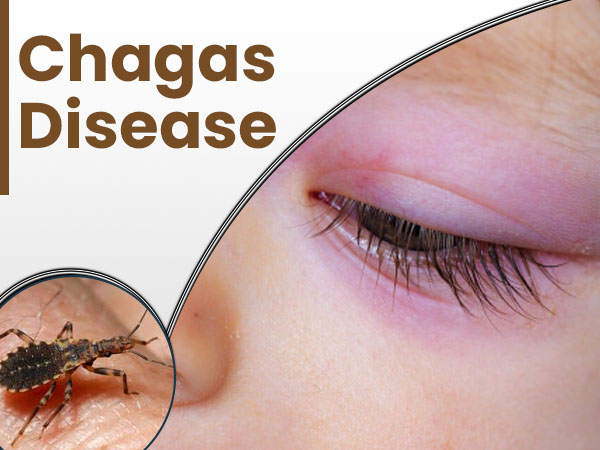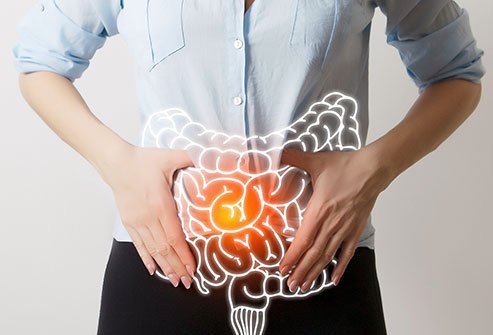Crohn’s Disease: Symptoms, and Causes.
Author: Giselle Robel
Giselle Robel
Category: Health

What is Crohn's disease?
Crohn's disease, also called regional enteritis or ileitis, is a lifelong form of inflammatory bowel disease (IBD). The condition inflames and irritates the digestive tract specifically the small and large intestines. Crohn's disease can cause diarrhea and stomach cramps. It's common to experience periodic disease flare-ups.

Crohn’s disease causes inflammation of your digestive tract, which can lead to abdominal pain, severe diarrhea, fatigue, weight loss, and malnutrition.
Inflammation caused by Crohn’s disease can involve different areas of the digestive tract in different people. This inflammation often spreads into the deeper layers of the bowel.
Crohn’s disease can be both painful and debilitating and sometimes may lead to life-threatening complications.
While there’s no known cure for Crohn’s disease, therapies can greatly reduce its signs and symptoms and even bring about long-term remission and healing of inflammation. With treatment, many people with Crohn’s disease are able to function well.
Symptoms
In Crohn’s disease, any part of your small or large intestine can be involved, and it may be continuous or may involve multiple segments. In some people, the disease is confined to the colon, which is part of the large intestine.
Signs and symptoms of Crohn’s disease can range from mild to severe. They usually develop gradually, but sometimes will come on suddenly, without warning. You may also have periods of time when you have no signs or symptoms (remission).
When the disease is active, signs and symptoms may include:
- Diarrhea
- Fever
- Fatigue
- Abdominal pain and cramping
- Blood in your stool
- Mouth sores
- Reduced appetite and weight loss
- Pain or drainage near or around the anus due to inflammation from a tunnel into the skin (fistula)
Other signs and symptoms
People with severe Crohn’s disease may also experience:
- Inflammation of skin, eyes and joints
- Inflammation of the liver or bile ducts
- Kidney stones
- Iron deficiency (anemia)
- Delayed growth or sexual development, in children

Causes
There's no known cause of Crohn's disease. Certain factors may increase your risk of developing the condition, including:
- Autoimmune disease : Bacteria in the digestive tract may cause the body's immune system to attack your healthy cells.
- Genes : Inflammatory bowel disease (IBD) often runs in families. If you have a parent, sibling or other family member with Crohn's, you may be at an increased risk of also having it. There are several specific mutations (changes) to your genes that can predispose people to developing Crohn's disease.
- Smoking : Cigarette smoking could as much as double your risk of Crohn's disease.
How is Crohn’s disease diagnosed?
Most people with Crohn's first see a healthcare provider because of ongoing diarrhea, belly cramping, or unexplained weight loss. If you have a child who has been experiencing the symptoms of Crohn's disease, reach out to your pediatrician.
To find the cause of your symptoms, your healthcare provider may order one or more of these tests:
- Blood test: A blood test checks for high numbers of white blood cells that may indicate inflammation or infection. The test also checks for low red blood cell count, or anemia. Approximately one in three people with Crohn's disease have anemia.
- Stool test: This test looks at a sample of your stool to check for bacteria or parasites. It can rule out infections that cause chronic diarrhea.
- Colonoscopy: During a colonoscopy, your doctor uses an endoscope (a thin tube with an attached light and camera) to examine the inside of your colon. Your doctor may take a tissue sample (biopsy) from the colon to test for signs of inflammation.
- Computed tomography (CT) scans: A CT scan creates images of the digestive tract. It tells your healthcare provider how severe the intestinal inflammation is.
- Upper gastrointestinal (GI) endoscopy: Your doctor threads a long, thin tube called an endoscope through your mouth and into your throat. An attached camera allows your doctor to see inside. During an upper endoscopy, your doctor may also take tissue samples.
- Upper gastrointestinal (GI) exam: X-ray images used during an upper GI exam allow your doctor to watch as a swallowed barium liquid moves through your digestive tract.
How is Crohn's disease managed or treated?
Treatment for Crohn's disease varies depending on what's causing your symptoms and how severe they are for you. In children, the goal in treatment is to induce remission (the time between symptom flare-ups), maintain remission, and manage any complications of Crohn's disease over time.
Your healthcare provider may recommend one or more of these treatments for Crohn’s disease:
- Antibiotics: Antibiotics can prevent or treat infections. Severe infections can lead to abscesses (pockets of pus). Or they can cause fistulas (openings or tunnels that connect two organs that don't normally connect).
- Antidiarrheal medication: Prescription medications like loperamide (Imodium A-D®) can stop severe diarrhea.
- Biologic: These medications include monoclonal antibodies to suppress the immune response.
- Bowel rest: To give your intestines a chance to heal, your provider may recommend going without food or drink for several days or longer. To get the nutrition you need, you may receive intravenous (parenteral) nutrition. Only drink a prescribed liquid or have a feeding tube during this time.
- Corticosteroids: Cortisone, prednisone and other corticosteroids ease inflammation brought on by autoimmune disease.
- Immunomodulators: These drugs calm inflammation by suppressing an overactive immune system. They include azathioprine and cyclosporine.
- Surgery: Surgery won't cure Crohn's disease, but it can treat complications. You may need surgery to correct intestinal perforations (holes), blockages or bleeding.
Risk factors
Risk factors for Crohn’s disease may include:
- Age. Crohn’s disease can occur at any age, but you’re likely to develop the condition when you’re young. Most people who develop Crohn’s disease are diagnosed before they’re around 30 years old.
- Ethnicity. Although Crohn’s disease can affect any ethnic group, whites have the highest risk, especially people of Eastern European (Ashkenazi) Jewish descent. However, the incidence of Crohn’s disease is increasing among Black people who live in North America and the United Kingdom.
- Family history. You’re at higher risk if you have a first-degree relative, such as a parent, sibling or child, with the disease. As many as 1 in 5 people with Crohn’s disease have a family member with the disease.
- Cigarette smoking. Cigarette smoking is the most important controllable risk factor for developing Crohn’s disease. Smoking also leads to more-severe disease and a greater risk of having surgery. If you smoke, it’s important to stop.
- Nonsteroidal anti-inflammatory medications. These include ibuprofen (Advil, Motrin IB, others), naproxen sodium (Aleve), Diclofenac sodium and others. While they do not cause Crohn’s disease, they can lead to inflammation of the bowel that makes Crohn’s disease worse.
Complications
Crohn’s disease may lead to one or more of the following complications:
- Bowel obstruction. Crohn’s disease can affect the entire thickness of the intestinal wall. Over time, parts of the bowel can scar and narrow, which may block the flow of digestive contents. You may require surgery to remove the diseased portion of your bowel.
- Ulcers. Chronic inflammation can lead to open sores (ulcers) anywhere in your digestive tract, including your mouth and anus, and in the genital area (perineum).
- Fistulas. Sometimes ulcers can extend completely through the intestinal wall, creating a fistula an abnormal connection between different body parts. It can develop between your intestine and your skin, or between your intestine and another organ. Fistulas near or around the anal area (perianal) are the most common kind. When fistulas develop in the abdomen, food may bypass areas of the bowel that are necessary for absorption. Fistulas may form between loops of bowel, in the bladder or vagina, or through the skin, causing continuous drainage of bowel contents to your skin.In some cases, a fistula may become infected and form an abscess, which can be life-threatening if not treated.
Other Complication
- Anal fissure. This is a small tear in the tissue that lines the anus or in the skin around the anus where infections can occur. It’s often associated with painful bowel movements and may lead to a perianal fistula.
- Malnutrition. Diarrhea, abdominal pain and cramping may make it difficult for you to eat or for your intestine to absorb enough nutrients to keep you nourished. It’s also common to develop anemia due to low iron or vitamin B-12 caused by the disease.
- Colon cancer. Having Crohn’s disease that affects your colon increases your risk of colon cancer. General colon cancer screening guidelines for people without Crohn’s disease call for a colonoscopy every 10 years beginning at age
- Other health problems. Crohn’s disease can cause problems in other parts of the body. Among these problems are anemia, skin disorders, osteoporosis, arthritis, and gallbladder or liver disease.
- Medication risks. Certain Crohn’s disease drugs that act by blocking functions of the immune system are associated with a small risk of developing cancers such as lymphoma and skin cancers. They also increase the risk of infection. Corticosteroids can be associated with a risk of osteoporosis, bone fractures, cataracts, glaucoma, diabetes and high blood pressure, among other conditions. Work with your doctor to determine the risks and benefits of medications.
- Blood clots. Crohn’s disease increases the risk of blood clots in veins and arteries.






